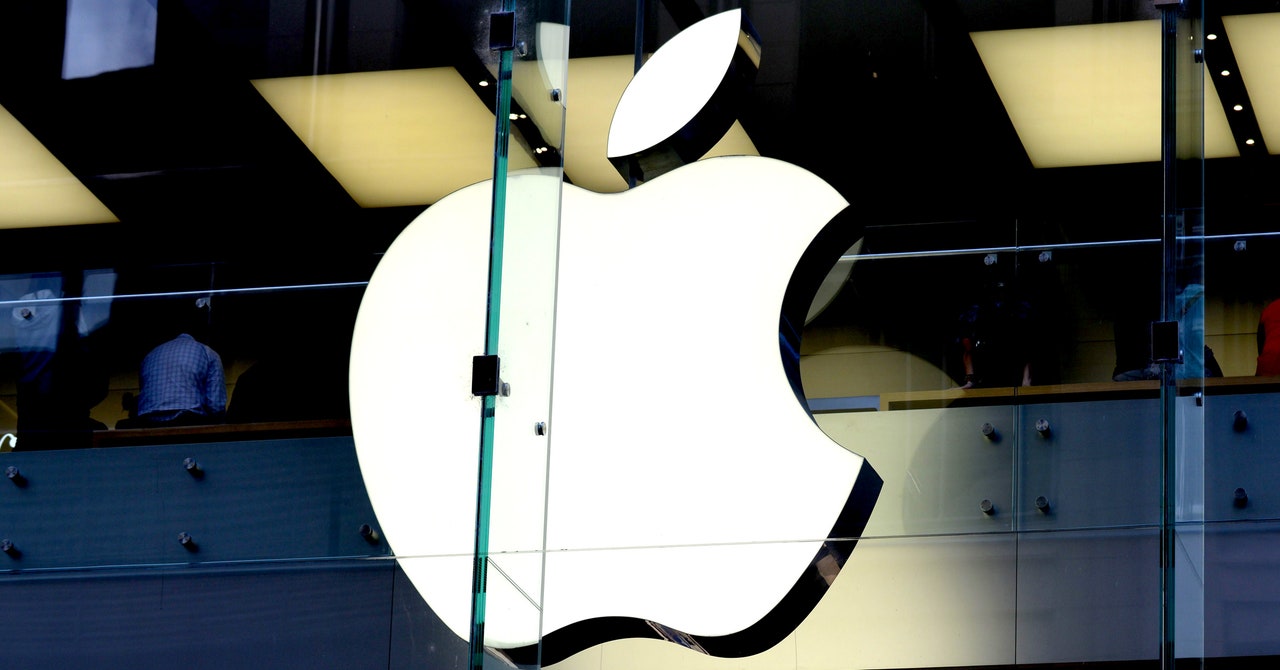
[ad_1]
Apple will make it slightly bit simpler to get an iPhone fixed with used components, marking a reversal of long-standing, strict guidelines round swapping out iPhone components.
The change, announced Thursday, will start with “select” iPhone fashions this fall (The Washington Post reported it is going to cowl iPhone 15 and newer). It comes as states move to ban parts pairing, which requires an organization’s software program to acknowledge and approve a substitute half. The apply has lengthy annoyed third occasion restore outlets, in addition to at-home self repairers, and lawmakers across the US are wanting to ban it.
Apple has lengthy argued that components pairing is critical for safety and performance. Using different components could cause iPhone options to malfunction. For instance: changing a cracked iPhone display screen could lead on Face ID to break. When in the present day’s introduced change takes impact, the corporate will permit used iPhone components to work “just like new genuine Apple parts,” the corporate says.
But the adjustments don’t apply to aftermarket components, a distinction that frustrates right-to-repair advocates. “This is a strategy of half-promises and unnecessarily complicated hedges designed to deflect attention from legislators intent on banning the practice altogether,” says Kyle Wiens, CEO of iFixit, an organization that sells instruments and kits for tech repairs.
iFixit ran tests on the iPhone 15, and located that swapping many components led warnings to pop up on the display screen or options to break. Replacing the front-facing digital camera, for instance, resulted in malfunctions for Face ID and auto brightness. Apple says that real components, as soon as put in, will absolutely calibrate to the system when the adjustments take impact.
Last month, Oregon turned residence to the primary right-to-repair regulation banning parts pairing. The regulation takes impact January 2025. Colorado lawmakers are contemplating a bill that might additionally ban components pairing, and have a listening to on the invoice scheduled earlier than the state senate Thursday. Apple didn’t reply to a request for touch upon these measures.
“Let’s be 100 percent clear: This move is because of state lawmakers pushing back on this practice,” says Nathan Proctor, senior director of the marketing campaign for the proper to restore for the Public Interest Research Group. “This move does not happen unless state lawmakers are saying, ‘we don’t want to do this.’”
Apple additionally started providing some manuals and tools for individuals to restore their very own gadgets in 2022, and expanded these after California handed a regulation final 12 months requiring producers to make these supplies accessible.
Apple didn’t instantly reply to a query about what components might be lined when the change takes impact. The firm says it has spent the previous two years working to make some components, like Face ID or Touch ID, reusable. “Future” iPhone releases might be in a position to assist used sensors.
Apple introduced updates, too, which will make iPhone theft much less interesting sooner or later. The firm says it is going to lock iPhone components from telephones reported as stolen or misplaced, limiting their capacity to calibrate to a unique iPhone. It additionally will start exhibiting individuals of their settings if an element on their cellphone is a brand new or used real half.
These adjustments are a major reversal of Apple’s long-held stance on third-party restore. But restore advocates see these strikes because the naked minimal, not a revolutionary flip. “This was a fully untenable, unethical practice to begin with,” Proctor says. “I’m glad it’s started to be restricted, but we need laws that prevent this from happening on any device from any manufacturer, not just a couple of phones from one manufacturer.”
[ad_2]
Source link






